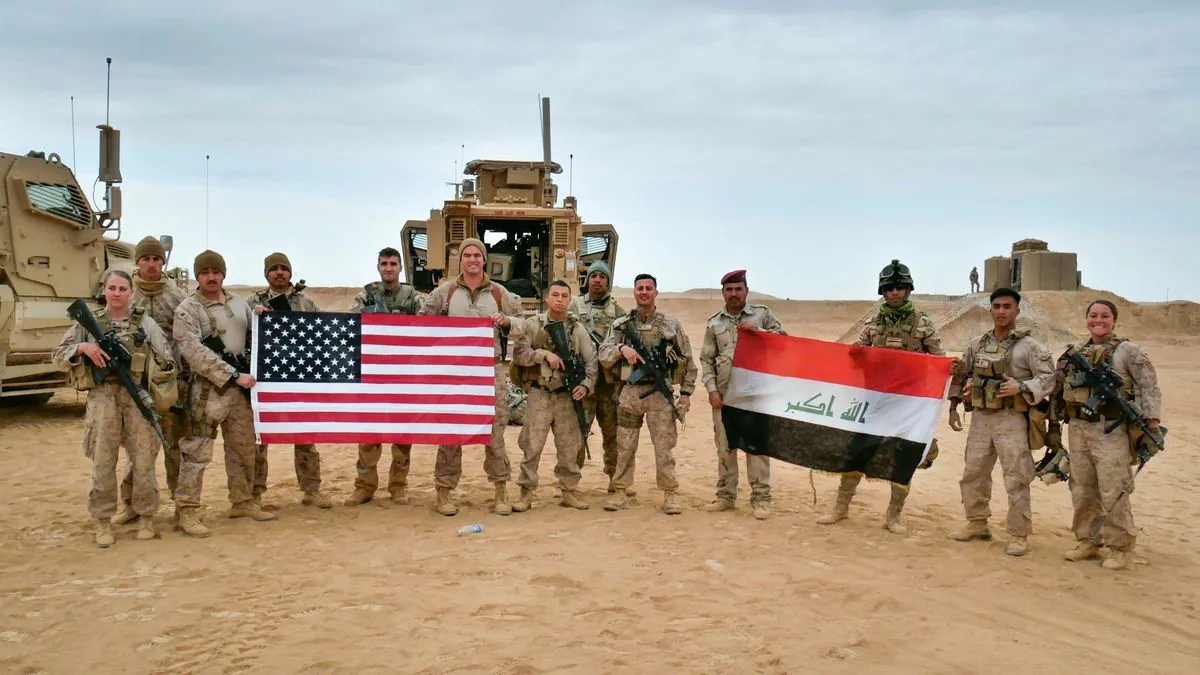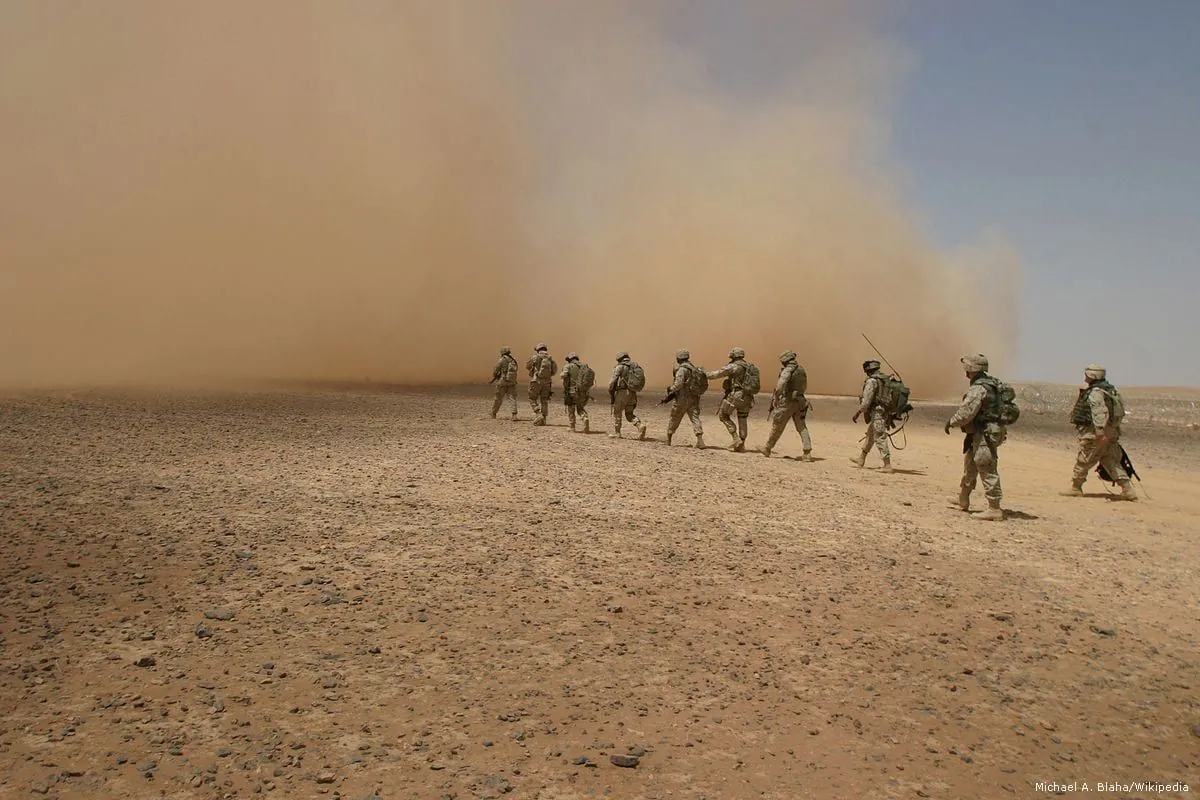Iraqi-US Operation Eliminates Top IS Commanders in Anbar Province
Joint forces neutralize high-ranking Islamic State leaders in western Iraq. Operation yields significant intelligence and weaponry, marking a blow to the extremist group's remnants in the region.

In a significant development in the ongoing fight against extremism, Iraqi and American forces have successfully eliminated several high-ranking members of the Islamic State (IS) group in Iraq's western Anbar province. The operation, which commenced in late August 2024, involved collaboration between Iraqi military units, the National Intelligence Service, and the Iraqi air force.
Among the neutralized targets was Abu Ali Al-Tunisi, a Tunisian IS commander for whom the United States Treasury Department had offered a $5 million reward. Additionally, Ahmad Hamed Zwein, the deputy commander of IS in Iraq, was also killed in the operation.

This joint effort resulted in the confiscation of significant intelligence materials, including computers and smartphones, as well as weapons and 10 explosive belts. DNA tests conducted post-operation identified 14 IS commanders among those eliminated.
The operation's success comes at a crucial time, as IS sleeper cells have been increasingly active in both Iraq and Syria in recent years, despite the group's territorial defeat. It's worth noting that at its peak in 2014, IS controlled an area approximately half the size of the United Kingdom, spanning about 88,000 square kilometers across Iraq and Syria.
"Our forces eliminated an IS attack cell member in eastern Syria who was planting an improvised explosive device for a planned attack against anti-IS coalition forces and their partners."
The recent operation also resulted in casualties among US forces, with seven American troops injured, five during the raid itself and two from falls during the operation. This highlights the ongoing risks faced by coalition forces in the region.
While this operation marks a significant blow to IS, it's important to remember the group's history and ongoing threat. The Islamic State, also known as ISIS, ISIL, or Daesh, rose to prominence in 2014, seizing vast territories in Iraq and Syria. Their reign was characterized by brutal tactics, including public executions, slavery, and the destruction of cultural heritage sites.
The international community responded with the formation of a US-led coalition in September 2014. Major battles, such as the Battle of Mosul from 2016 to 2017, proved crucial in dismantling IS's territorial control. By March 2019, the group had lost its last territorial holdings in eastern Syria.
Despite these setbacks, IS continues to operate as an insurgency, inspiring or claiming responsibility for attacks worldwide. The group's adaptability, including its extensive use of social media for propaganda and recruitment, poses ongoing challenges for security forces.
As of September 2024, approximately 2,500 US troops remain in Iraq. However, discussions are underway regarding the transition of US and anti-IS coalition forces out of their long-standing role in the country. This transition will carefully consider the current security situation and the capabilities of Iraqi armed forces.
The recent operation in Anbar province demonstrates the continued commitment to combating extremist threats in the region, even as strategies evolve to address the changing nature of the conflict.


































